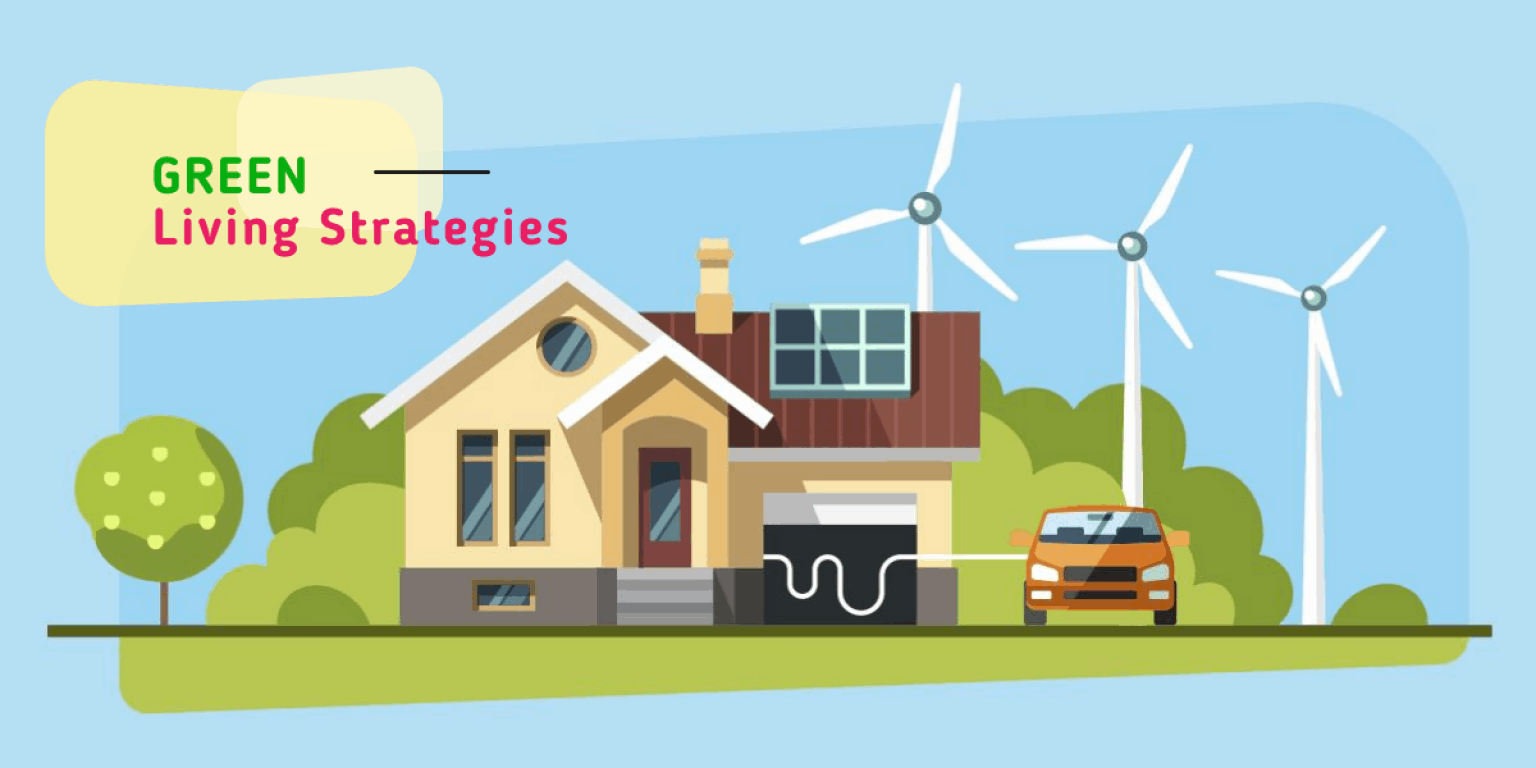
With the effects of the climate crisis becoming more and more evident to people all around the world, Singaporeans are starting to feel the heat, very literally. With temperatures rising, Singapore weather is expected to reach daily highs of 40 degrees Celsius by the year 2045.
In an effort to do our part to slow climate change, we must adopt the mindset that every little effort adds up. While it is true that corporations hold the most responsibility in the climate crisis, we are not powerless in the fight against climate change.
While we can hold out hope that large corporations will step up and do the right things, slowing greenhouse gas emissions and use of fossil fuels, there are some small things we can do to lessen our impact on the environment.
After all, we only have one planet, and we can all play a part in helping to take care of it.
First on the list is something we have all heard of a million times over. Reduce, reuse and recycle. By buying and consuming only what you need, you reduce the amount of waste you and your family create.
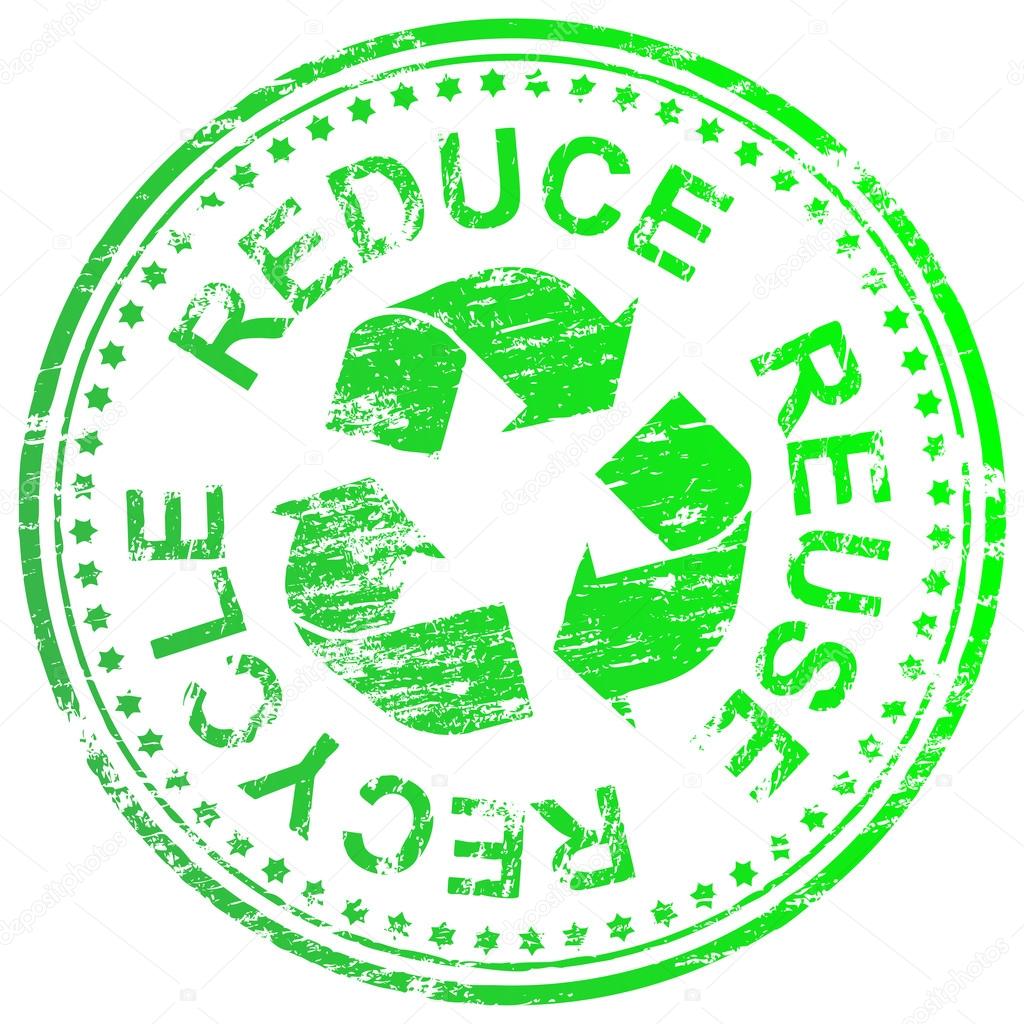
Reducing consumption not only relates to food, with food waste making up about half of the average 1.5kg of waste disposed of by each household in Singapore daily. To save even more on your household bills, comparing different Domestic Energy providers can help you find the most cost-effective tariff tailored to your consumption habits and lifestyle.
When purchasing perishable food items, try to purchase only what is needed for the week to prevent food wastage. To make perishable items last longer, consider storing them appropriately, in airtight packages or in the freezer to prevent spoilage.
When shopping for other goods like fashion, household or tech items, consider shopping second-hand. Not only do you save a bit of money on items that are otherwise like new, but you also avoid contributing to fast fashion manufacturers or spending money on cheap and flimsy household goods that don’t last- adding to overconsumption.
Some alternatives to buying off the shelf include visiting thrift stores, or browsing online platforms like Carousell or Facebook Marketplace for the best deals.
If you are looking to declutter your home, consider donating or recycling items that are no longer in use for you. Things that you might not need or want in your home might be extremely useful for another family, as opposed to ending up in a landfill.
Many charities and thrift shops are always willing to accept items for children still in good condition, so if you have leftover clothes, furniture, books or toys that once belonged to your little ones, consider blessing them to another family in need. Prices of brand-new baby or kids items can be quite costly, so your donations can go a long way in helping others.
If you are simply looking to get rid of your unwanted items quickly, there are plenty of places near you where you can drop off these items in an eco-friendly manner. Recyclable glass, plastic and paper items can be dropped off in blue bins found at almost every HDB block.
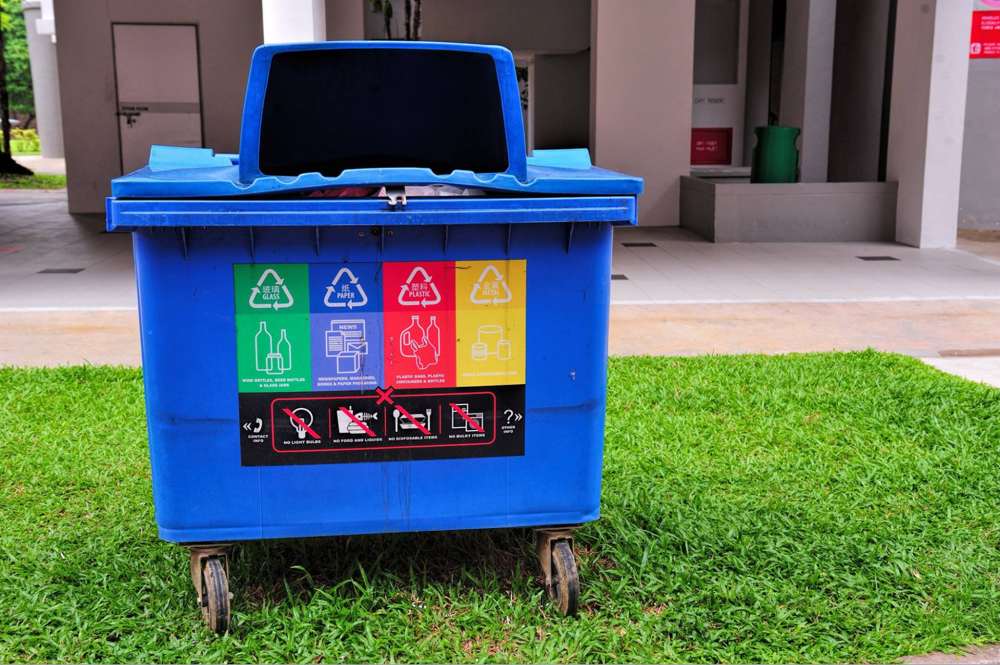
For clothing items, you can drop them off at any of the Cloop bins around the island. Your items are then assessed based on their suitability and are either upcycled or recycled responsibly or sent to be resold.
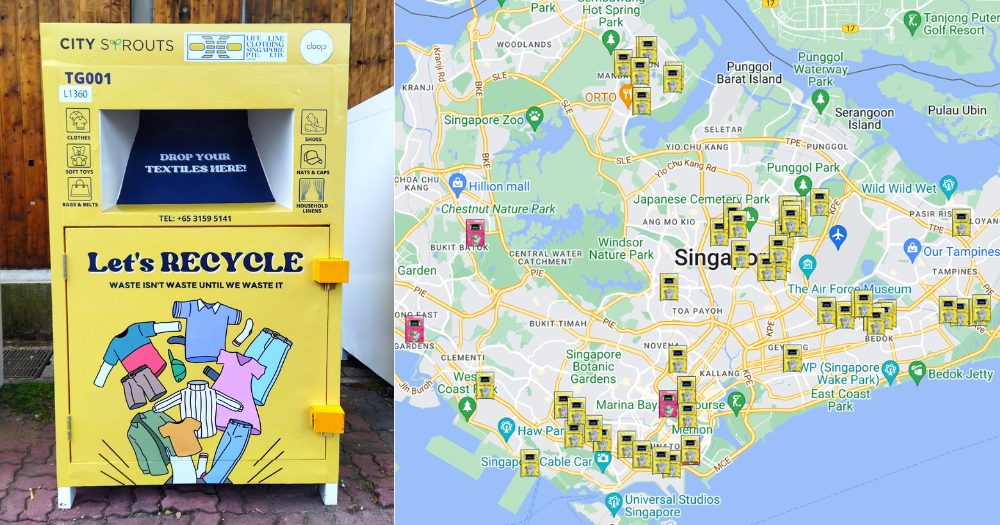
Should you be considering making a change in your home, consider upgrading any appliances that are wearing out for something more energy-efficient or water-saving. Remember to only make the swap for a new, more sustainable appliance if your existing appliance is on its last legs. If not, the additional consumption defeats the purpose of upgrading to a greener alternative.
When choosing an energy-efficient appliance, look out for the energy label displayed on the appliance. The more ticks displayed, the more energy-efficient the appliance. These appliances usually also come with a lower annual energy cost, not only helping you save a buck but also doing good for the environment.
When using your appliances, remember to use them responsibly. Some ways to use your appliances responsibly include:
- Choosing to use a fan over the air conditioner
- Avoid leaving the water running when doing the dishes, brushing your teeth or showering
- Only running the washing machine on a full load
- Avoid using a dryer if possible, and hang clothes outdoors to dry
- Avoid leaving the lights on when not in use
We can also consider making changes in our transport habits to be more eco-friendly. If you are a driver or looking to make a car purchase, consider an eco-friendly vehicle option like car-sharing electric cars or making the purchase of an electric car for yourself.
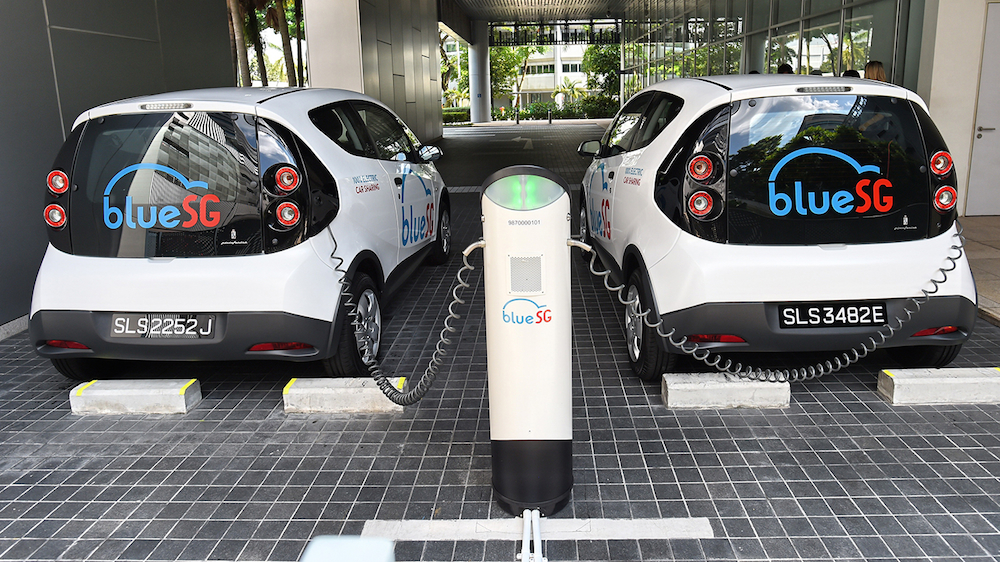
In fact, if you are considering making the transition to an electric vehicle, LTA is offering an Early Adoption Incentive for newly registered electric cars and taxis which will receive a 45 per cent rebate off the Additional Registration Fee (ARF), capped at $20,000.
For those of us who do not drive or own vehicles, opting for public transport over private hire vehicles not only reduces our carbon footprint but also takes a hefty load off our wallets!
Embracing greener living in Singapore is not just an option but a necessity for the sustainable future of the city-state. The urgency to address environmental challenges, such as climate change, pollution, and resource depletion, requires a collective effort from individuals, communities, and the government. By making conscious choices in our daily lives, such as adopting eco-friendly practices, reducing waste, and embracing renewable energy sources, we can contribute to a healthier and more sustainable environment.
Singapore’s commitment to sustainability initiatives, evident through policies, green infrastructure, and public awareness campaigns, provides a solid foundation for residents to actively participate in the greener living movement. As we transition towards a more eco-conscious lifestyle, it’s essential to prioritize sustainable practices in various aspects of our lives, including transportation, consumption habits, and waste management.
